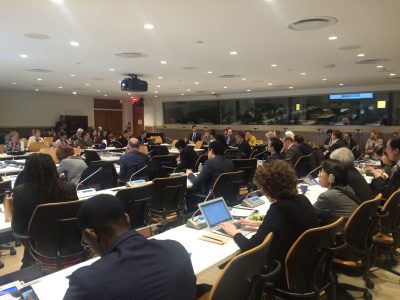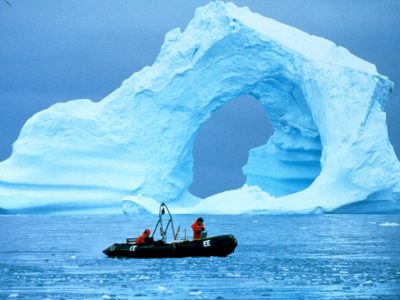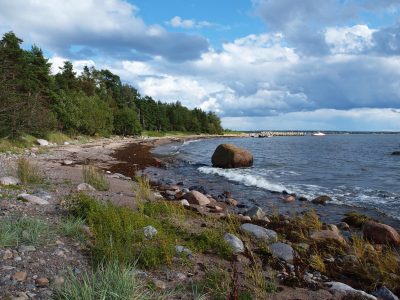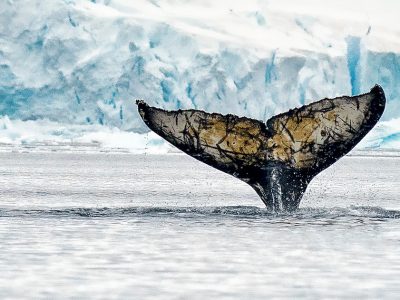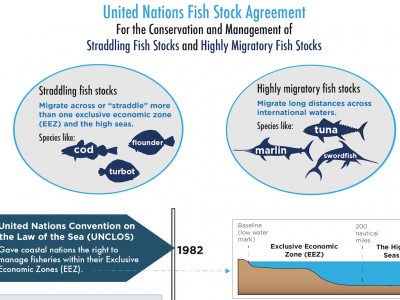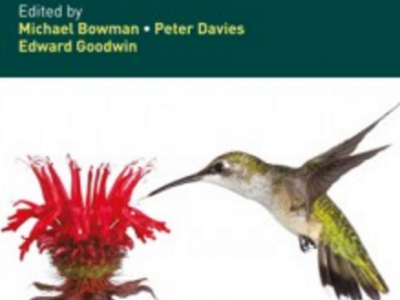Workshop on Laws and Regulations Currently Guiding Human Behaviour in Icy Environments
Caddell delivered his presentation — “After the Thaw: Ice Retreat and the Emerging Regulation of Newly Exposed Marine Areas” — during the first session of the conference. He discussed Antarctic ice shelves, anthropogenic activities and management, as well as future issues with thawing land areas and collaboration on these issues between the Antarctic and Arctic.




